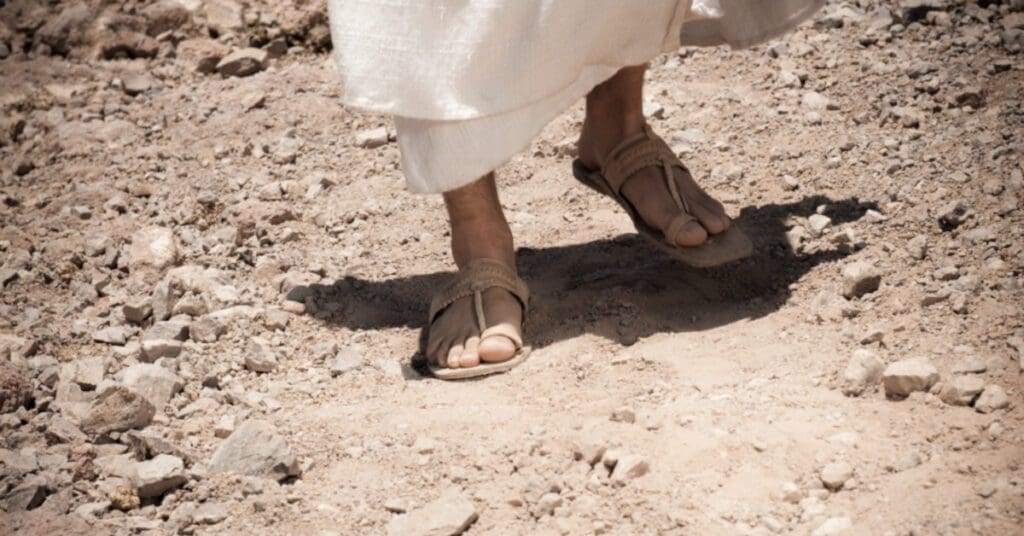Shortly after ordination in 1965, I remember reading the best-selling and quite controversial novel by Morris West, “The Shoes of the Fisherman.” It concerns the election of a Ukrainian pope. Within Catholic circles it generated much controversy, So as did “The Devil’s Advocate”. Both explored international politics and the role of the Roman Catholic Church.
The metaphor sprang to mind when I realized that April 15 of 1891,1931, and 1961 is the publication date of these major papal documents. (There are others.) Together they mark the core social teaching of the Catholic Church since the Industrial Revolution presented radically new problems.
Explore with me how Pope Francis walks in the shoes of THE Fisherman and popes going back to 1891.

The Shoes of the Fisherman as a metaphor
The metaphor of shoes expresses well Pope Francis’ embodiment of the social teachings of his predecessors, Popes Leo XIII, Pius XI, and Pope John XXIII. By stepping into their metaphorical shoes, Pope Francis continues their legacy and carries forward their vision for social justice and compassion in a changing world.
Pope Kiril, the protagonist of the novel, inherited the worn shoes of previous popes, Pope Francis has embraced the social teachings of his predecessors and walks in their footsteps. Their teachings are firmly embedded in Jesus’ vision in his prayer “Our Father’ and his description of our final judgment (Matthew 25).
The shoes represent the challenges faced by the Church and its leaders in addressing the changing needs of the world.
Pope Francis’ Predecessors
Pope Leo XIII, through his encyclical Rerum Novarum, laid the groundwork for Catholic social teaching, emphasizing the dignity of labor, the rights of workers, and the pursuit of justice.
Forty years later, Pope Pius XI continued this trajectory with Quadragesimo Anno. He highlighted the importance of subsidiarity, solidarity, and economic justice.
Pope John XXIII’s Mater et Magistra further expanded the Church’s engagement with social issues, calling for cooperation and dialogue to address the changing global landscape.
Pope Francis
Pope Francis, following in their footsteps, has demonstrated a profound commitment to these social teachings.
He has become known for his focus on the poor, his advocacy for social justice, and his efforts to address economic inequality.
His encyclical Laudato Si’ might be summarized as saying “Everything is connected.” Fratelli Tutti spells out how “Everyone is connected.”
Together they highlight the urgent need for stewardship and the interconnectedness of social, economic, and ecological issues.
In embodying the social teachings of his predecessors, Pope Francis has been a voice for the marginalized, a champion for the poor, and a catalyst for positive change.
He has taken steps to reform the Vatican’s bureaucracy, fostered dialogue among different religious traditions, and challenged prevailing economic systems that perpetuate inequality.
Profound Impact
Just as Pope Kiril’s journey in the novel led to significant changes in the world, Pope Francis’ embodiment of the social teachings of his predecessors has had a profound impact on the Church and society. He has challenged us to confront our indifference to the suffering of others, to embrace a culture of encounter and dialogue, and to prioritize the care of the Earth and its inhabitants.
The metaphor of “The Shoes of the Fisherman” reminds us that Pope Francis continues to walk in the shoes of Popes Leo XIII, Pius XI, and John XXIII. Through his embodiment of their social teachings, he inspired us all to be agents of justice, compassion, and solidarity in the world.
Questions
- Do I make the connections between Jesus’ “good news” in the Our Father and each of the last 10 Popes?
- Can I see how Popes have walked in the shoes of St. Peter?
Originally posted on Vincentian Mindwalk





0 Comments